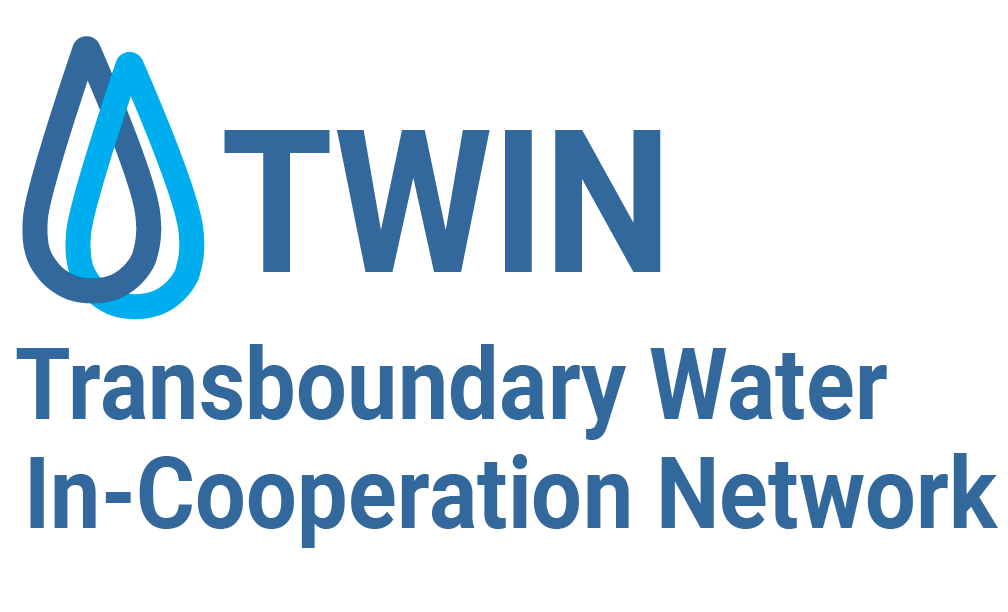International Summit on Higher Education and Workforce Development in 21st Century
Session 5
Re-Envisioning Multi-Level Governance of Higher Education for a Climate Resilient Pakistan
Building adaptation and resilience against complex challenges such as global climate change, diseases vectors, air pollution, water pollution and poverty require HEIs to move beyond disciplinary siloes. The organizational and functional structures of HEI colleges and departments need to be revamped to enable interdisciplinary and transdisciplinary training of college bound workforce. Academia must move beyond their disciplinary bubbles and incentivize mission-driven science, in addition to the traditional curiosity-driven science. Success metrics of HEIs must be re-envisioned to incentive engagement of faculty and students with vulnerable populations exposed to systemic risk vectors ranging from climate change to poverty. Relevant federal and provincial agencies implementing policies across climate change, water, food, energy and poverty reduction must coordinate their actions and promote team science in HEIs through project-based learning and action research. The inter-agency consortia can iteratively prioritize investments in grand challenges and fund team science initiatives that identify feasible multi-level governance as well as scientific & technological solutions to complex problems induced by vulnerability to climate change induced systemic risks.
International Summit on
Higher Education and Workforce Development
in 21st Century
30 November - 2 December 2022 | Marriott Hotel, Islamabad
